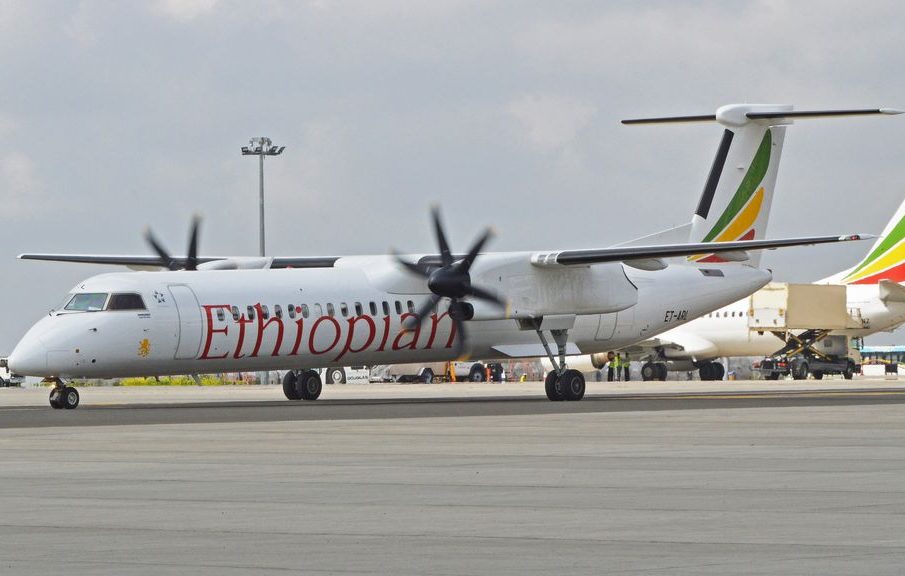Exploring Ethiopia: Culture, History, and Current Events

Introduction
Ethiopia, a nation located in the Horn of Africa, is renowned for its rich history and cultural diversity. It is one of the oldest nations in the world, often referred to as the cradle of humanity, and is home to remarkable archaeological findings. The significance of Ethiopia extends beyond its ancient past; it plays a crucial role in the current geopolitical landscape of Africa, facing challenges such as economic development, environmental changes, and internal conflicts.
Cultural Diversity
Ethiopia is home to more than 80 distinct ethnic groups, each with its own unique language, traditions, and customs. The largest ethnic group, the Oromo, accounts for approximately 34% of the population, followed by the Amhara, Tigray, and Somali peoples. The country’s cultural fabric is woven with festivals, music, and art, showcasing a blend of ancient and modern influences. Notable celebrations include Timkat, the Ethiopian Orthodox celebration of Epiphany, and Enkutatash, the Ethiopian New Year, both reflecting the deep spiritual heritage of the nation.
Current Events and Challenges
Recently, Ethiopia has faced significant challenges including political unrest and conflict. The Tigray conflict, which began in November 2020, has led to widespread humanitarian crises, with millions displaced and in dire need of assistance. International efforts to mediate the conflict have been ongoing, with negotiations aimed at achieving lasting peace. Furthermore, the nation is also grappling with the impacts of climate change, particularly in agriculture, which is vital for its economy. The Grand Ethiopian Renaissance Dam (GERD) project has become a contentious issue with Egypt and Sudan, as it aims to generate energy but raises concerns over water rights and distribution.
Conclusion
As Ethiopia continues to evolve, its rich culture and history remain a source of pride for its citizens. The country stands at a crossroads, facing internal and external challenges that require resilient and united efforts to overcome. For readers, understanding Ethiopia’s diverse landscape is essential, as it not only enriches our global perspective but also highlights the importance of unity and cooperation in fostering peace and development in the region. The international community watches closely, as Ethiopia’s journey will undoubtedly influence the future of the Horn of Africa.









